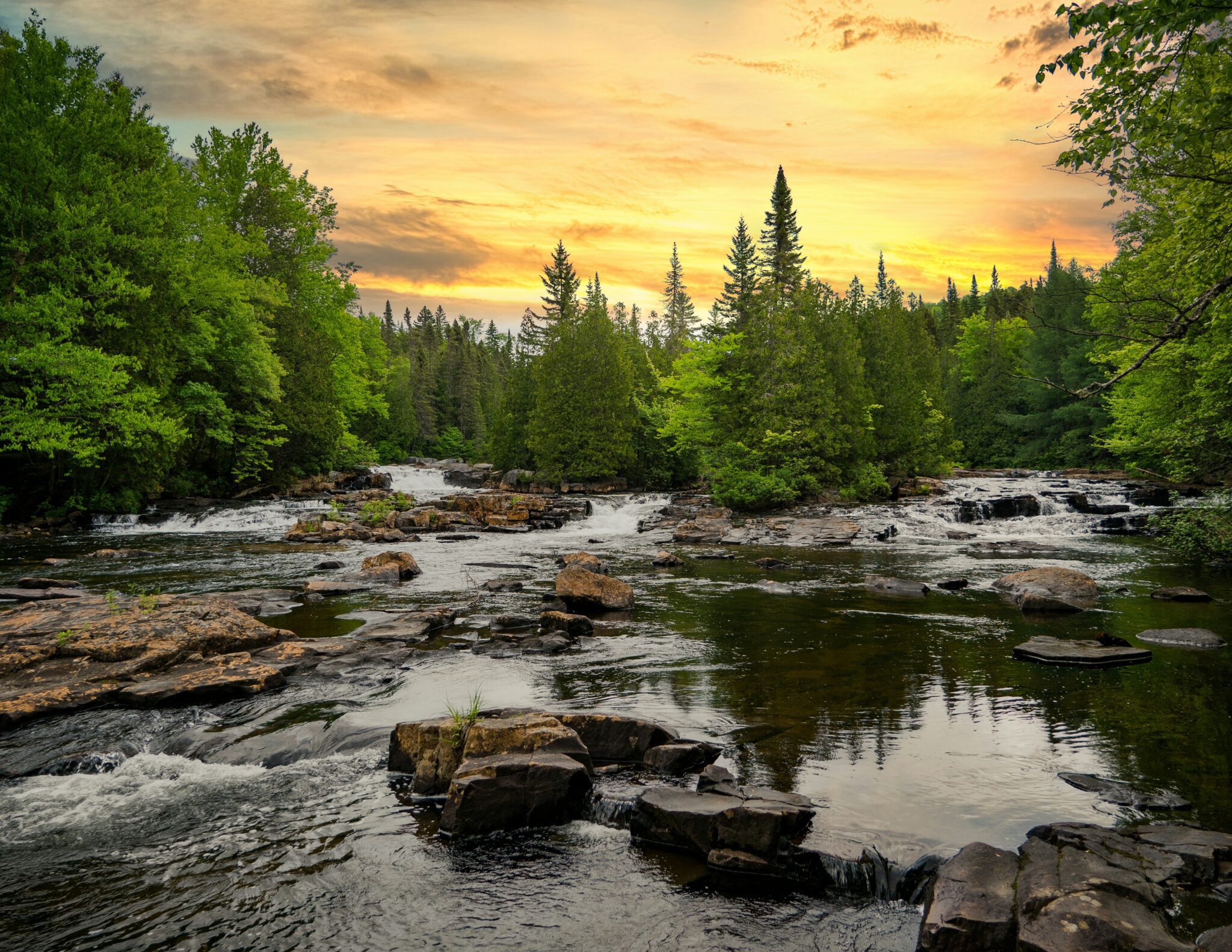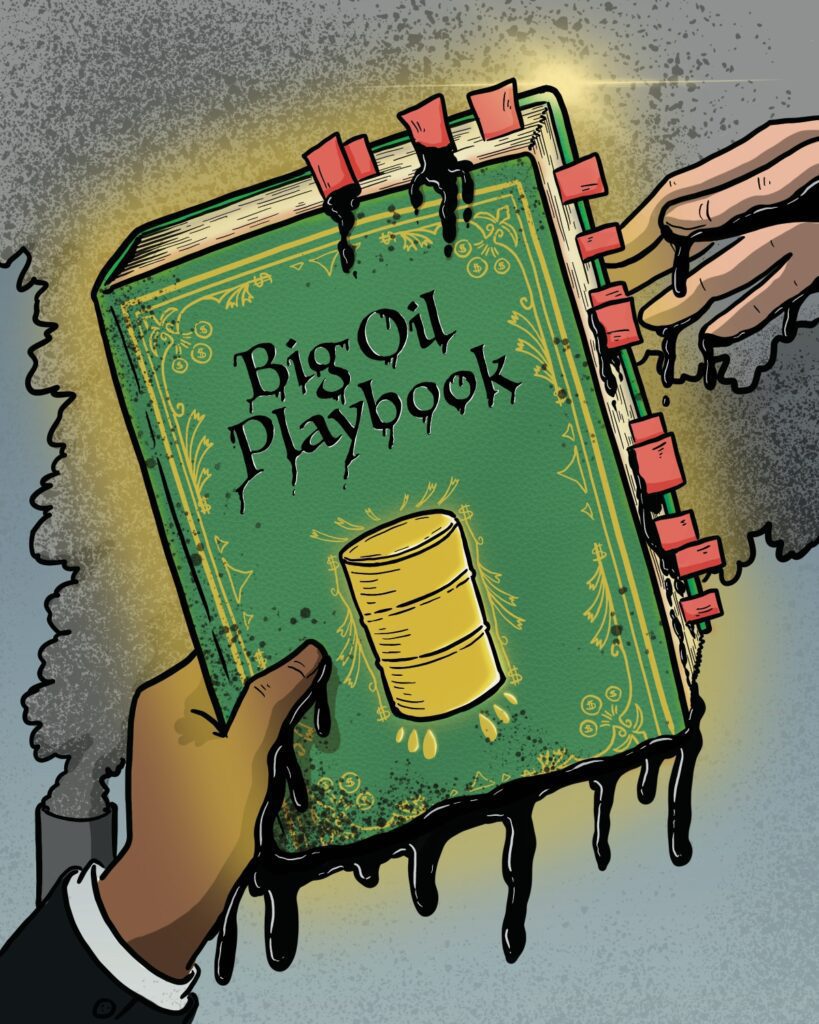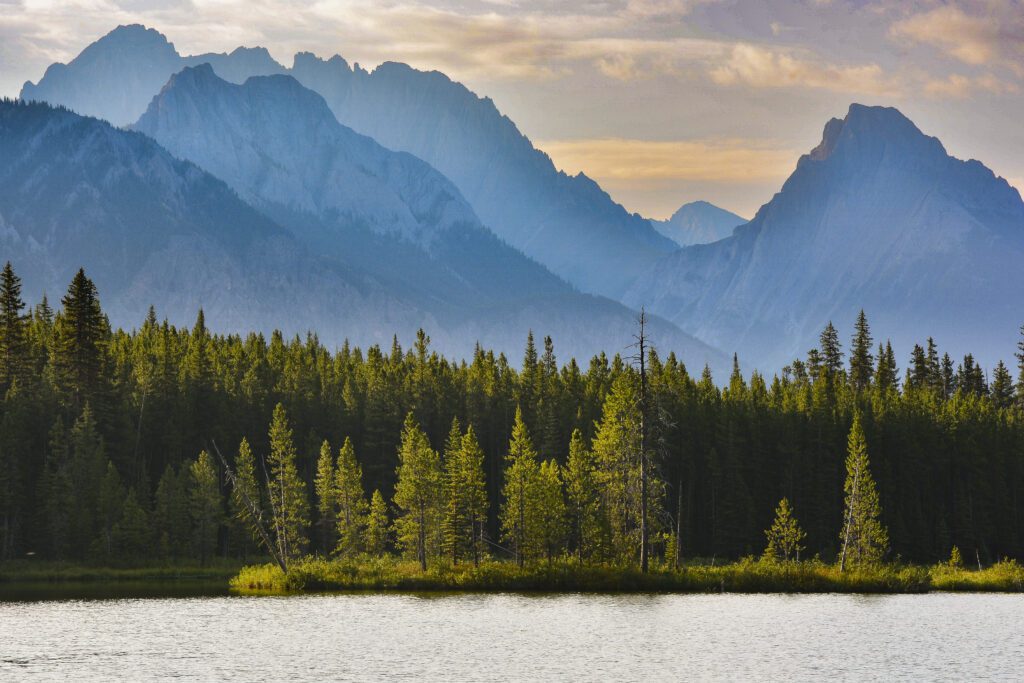Not enough has been done to address climate change. But what has been done is largely because of big goals set through the annual global COPs (“Conference of the Parties” to the United Nations Framework Convention on Climate Change).
These United Nations climate negotiations are the backbone of global progress to curb climate change. This year at COP30 in Belém, Brazil, nearly 200 countries will send government leaders and negotiators to debate how to keep global temperature levels below the safer threshold of 1.5 degrees Celsius. These COP climate negotiations host difficult discussions about how to cut climate pollution while meeting the different interests of global societies.
The big challenges tend to be that all countries are reducing their emissions too slowly, that wealthy countries with a big historical emissions footprint are uninterested in sharing that wealth to help decarbonize other countries, and that few countries with fossil fuel resources are interested in forgoing making short-term profits off of the oil, gas, and coal despite the pollution. These challenges are why we remain globally derelict in our responsibilities to respect the planet’s limits.
Yet – there have been inspiring occasions through the COP process where countries have ascended beyond these challenges. Victories have led to material improvements for all of us around the world.
This year’s COP30 marks a number of anniversaries: it’s been 80-years since the founding of the United Nations, 30-years since the first COP in Berlin in 1995, 20-years since the first ever treaty to lower climate pollution came into effect, and 10-years since the historic Paris Agreement where countries agreed to keep warming below 1.5 degrees Celsius.
- 1995: COP1 in Berlin, Germany kickstarted formal negotiations to respond to climate change. At the time, the commitments only applied to developed countries—something that countries like Canada and the US were displeased with.
- 2005: The Kyoto Protocol was signed at COP3 in Kyoto, Japan in 1997—and it came into force in 2005. This treaty was the first international agreement with binding targets for emissions reduction, including a requirement for developed countries to cut their pollution by on average 5 per cent below 1990 levels.
- 2015: The Paris Agreement was negotiated at COP21 in (you guessed it!) Paris, France, where countries agreed to take action to limit global warming to 1.5 degrees Celsius above pre-industrial levels. The treaty has important mentions of global equity, and Indigenous and human rights, and includes requirements that wealthy countries provide funding to vulnerable countries to help them respond to the real and present impacts of climate change. The Paris Agreement was signed during a wave of energy for climate action, and was a landmark diplomatic breakthrough.
- 2025: At COP30 this year in Belem, Brazil, countries will negotiate important pieces of implementing the Paris Agreement, including their own emission reduction targets, global financing for climate action, and their plans to implement a just transition so no one is left behind in the shift to a renewable energy future.
These events are impressive demonstrations of human collaboration. Yet global climate pollution continues to rise, and the world is on track to warm by 3.1 degrees Celsius rather than the 1.5 degree Celsius threshold that scientists recommended and politicians agreed to. It can be hard to reconcile sentiments of progress with the crises of climate change and pollution the world is experiencing already.
Two things are true: climate action is moving too slowly, and these landmark agreements have delivered incredible progress and carried us further than we would be without them. Before the Paris Agreement was signed, the world was on track for over 4-degrees of warming. The big carbon reduction goal together with global collaboration helped whittle that warming down. While polluting oil, gas, and coal are still being produced and used too much, clean energy costs have fallen dramatically and implementation has skyrocketed.
Climate action is a task that requires collaboration across countries—we all share one planet and biosphere. These big global goals, treaties, and negotiations have buoyed our work on climate action, giving countries, movements, and communities something to work towards. While none of these COP conclusions solve climate change entirely, they deliver essential victories that keep us moving forward.
The negotiations at COP 30 are important because climate change has reached the point of crisis. The harmful wildfires across Canada over the past years were attributed to climate change, with the resulting area burned increasing by over six-times what was historically experienced. The damages affect our communities and our economies, with record-breaking insurance costs on climate related losses of over $8-billion CAD.








